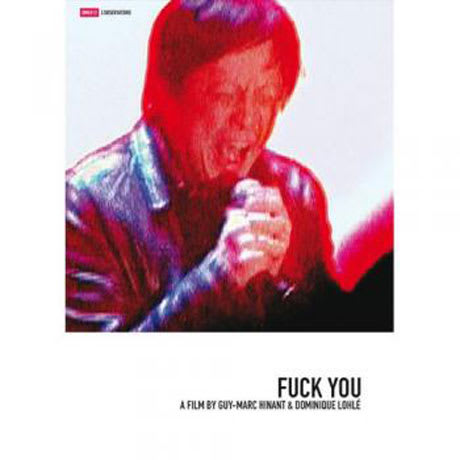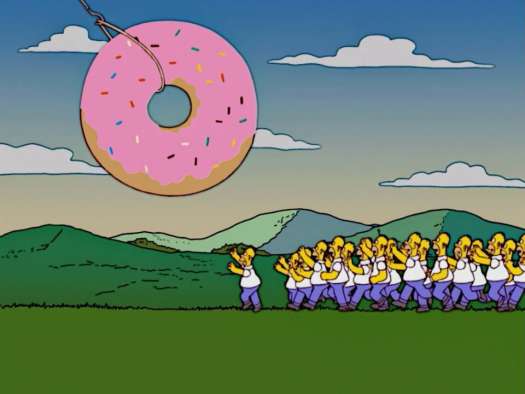Discovering the personal motivations for a musician to make the music they do is a mainstay of interviews. It is, however, a little more unusual for an interviewer to try and tell the musician what their motivation is and trying to force the issue when they disagree. But that's exactly what Guy-Marc Hinant attempts during Fuck You: Fucking Noise In China Now. He and Dominique Lohle head over to China to talk to members of the noise music scene, with the idea that it exists as a result of the suffocating political environment. They are met with disagreement and a great deal of apathy from the likes of Torturing Nurse and Wang Chandcun. The closest the filmmakers get to their original premise of the music being a response to politics comes via the interview with Sun Meng Jin, who actually lived through the cultural revolution, although his anecdotes are more about resentment than inspiration. Polish musician Zbigniew Karkowski is happy to stoke the fire with his many opinions, although they are likely more applicable to him than anyone else. The majority of the interviews are awkward and confrontational ― they do indirectly offer insight into the music scene when the subjects are given a chance to talk, however. The age of many of the musicians may be the reason they haven't really given much thought to their motivations, but it quickly becomes clear that they are more interested in talking about music than politics. Too often the interviews appear to be the punctuation to the performances, but that isn't a huge issue because those performances are the most satisfying part of Fuck You. Be it the rehearsals or the live concerts, the music ends up saying more than the interviews ever do. Fuck You: Fucking Noise In China Now is a warts and all documentary ― interview subjects are partially obscured and it doesn't appear that much has been left on the cutting room floor. It feels long at 100 minutes, although the lack of structure contributes towards that ― there's a great deal of meandering, as if the filmmakers are figuring out how the final product will look as they go. It does add rawness to the finished documentary, but it could have been tightened up significantly. Ultimately, the flaws make this a frustrating documentary, which could have really benefitted from a lighter touch from the obviously invested filmmakers.
(Sub Rosa)Fuck You: Fucking Noise In China Now
Guy-Marc Hinant and Dominique Lohle

BY Michael EdwardsPublished Jun 8, 2012



